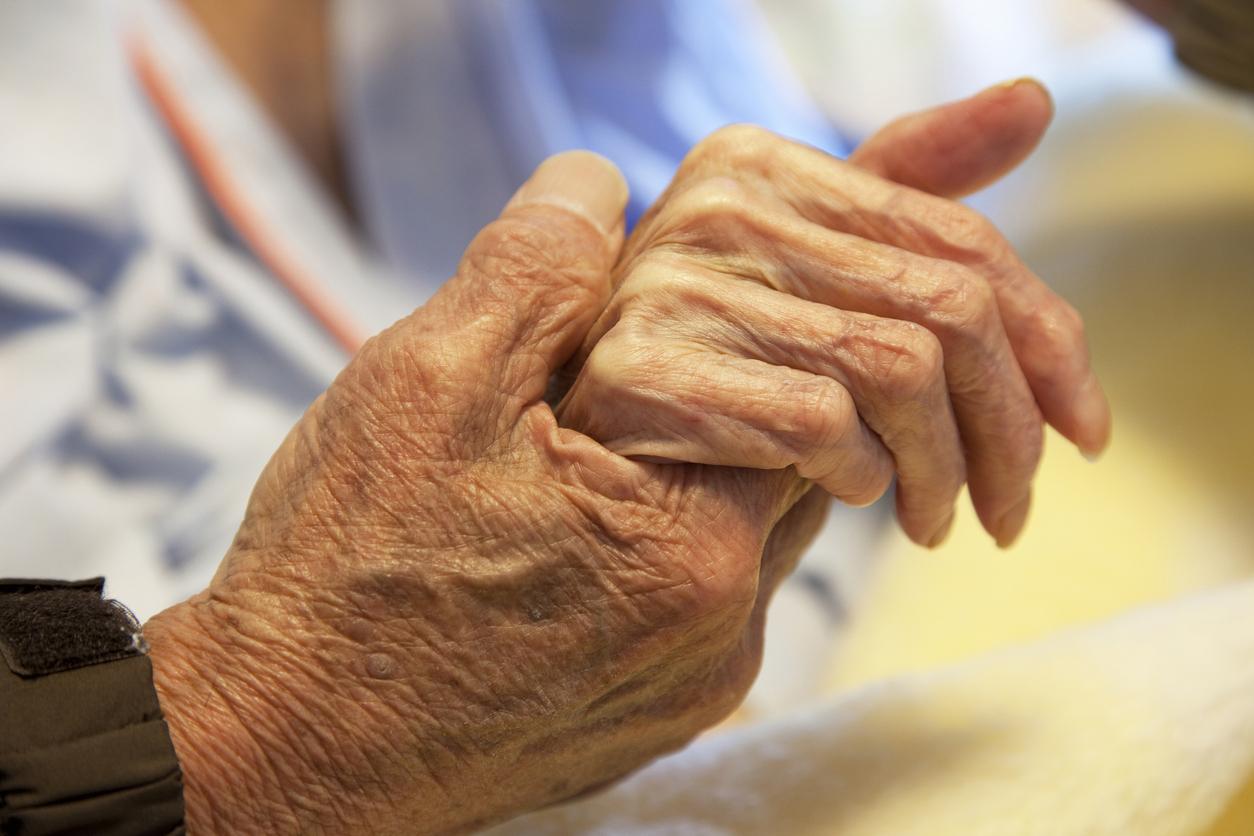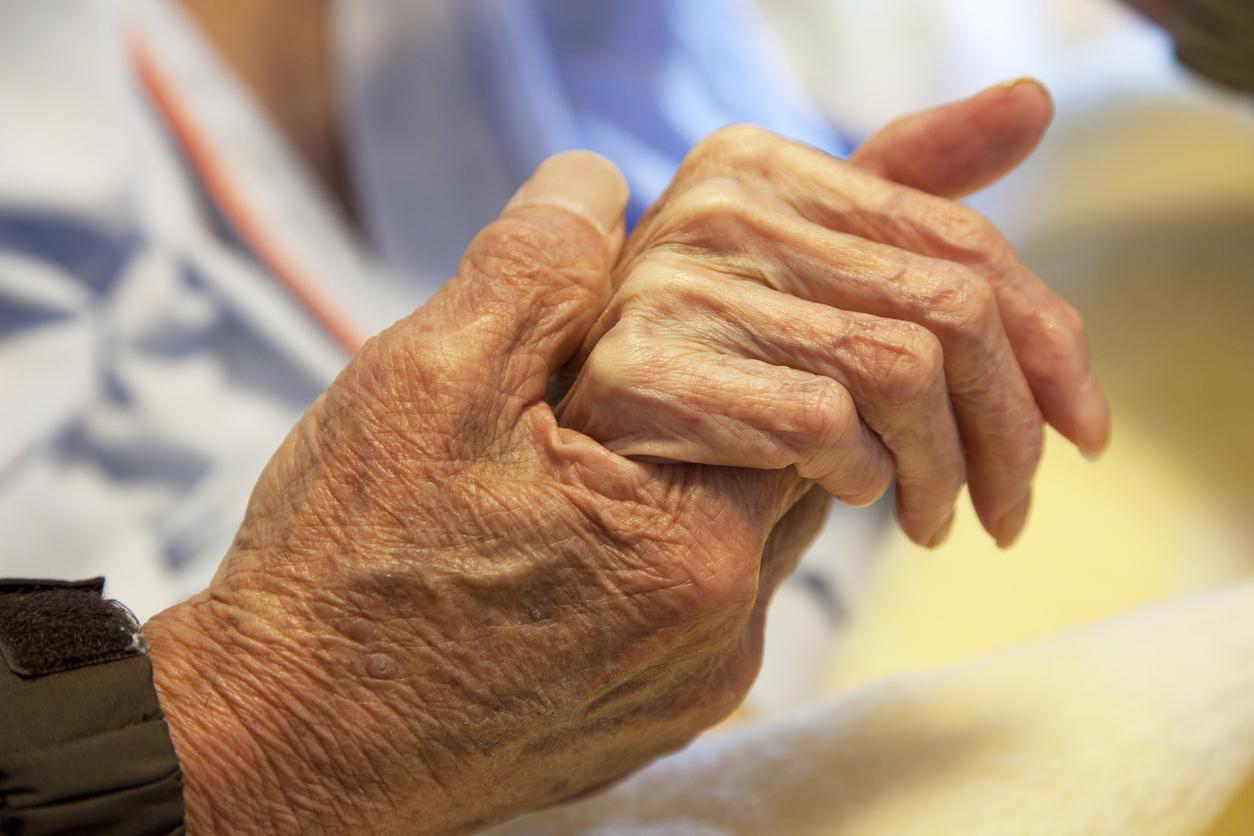How to talk to patients and their families about the end of life? What terms to use? A study from the University of Pennsylvania calls for a redefinition of the terms to better support patients and their families in this difficult stage.

Two years ago, the Clayes-Leonetti end-of-life law came into force. For some, it does not go far enough, for others, it is already too much. In any case, it establishes new rights for patients, in particular the “right to deep and continuous sedation” for terminally ill patients. If one of them requests it, the doctors cannot refuse it. A few months later, the Ministry of Health launched a national information campaign aimed at caregivers: ifdedicated internet, technical sheets, training … Several tools can be used by health professionals in order to better dialogue with people during this difficult stage.
It is also the object ofa study carried out at the University of Pennsylvania, in the United States. It shows the importance of language and the choice of words when discussing the end of life with a patient and / or his loved ones.
The imperfect notion of medical futility
Medical teams use the notion of “medical futility” to qualify the situation in which no more treatment can relieve the patient and on the contrary risks causing more suffering. But this term can create confusion for the patient or his relatives. Hence the need to pay attention to the words used when approaching the subject of death and especially to rethink this notion of medical futility.
“The reconceptualization of the notion of futility requires more clarification and analysis of the impact of the new terms on patients and their families, who rely on physicians to provide them with appropriate care and bring them compassion in the end. life, ”says Connie M. Ulrich, who led this study. This redefinition of terms should make it possible to better support patients.
A subject at the heart of the States General on bioethics
Two weeks ago, the States General of bioethics started in France. Among the topics discussed is the end of life. Debates and reflections will focus on the legalization of euthanasia, assisted suicide, and the ethical responsibility of caregivers. These States General will end on July 7.
.















